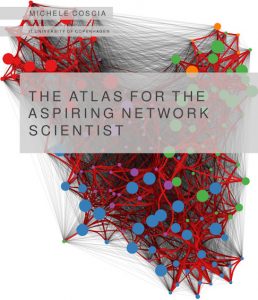We are looking for a postdoc in data/network science, to start in fall 2021: Read more and apply at the official call page
The postdoc will work in the NEtwoRks, Data, and Society (NERDS) group at IT University of Copenhagen with Roberta Sinatra on the topic of Science of Science and Algorithmic fairness. The group currently focuses on quantitative projects at the boundary of computational social science and network science, including science of science, social dynamics, urban sustainability, data visualization, and fundamental questions in complex systems.
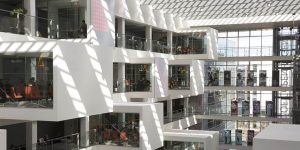
The postdoc position is part of a large project aimed to uncover the bias mechanisms that drive scientific impact, and to use them to create fair algorithms. The project will involve the analysis of large-scale datasets, running controlled experiments, and modelling social dynamics in science. Our priority is to attract technically strong researchers who are interested in asking bold, new questions with data. The team executing the project is composed of the PI, two postdocs, and one PhD student.
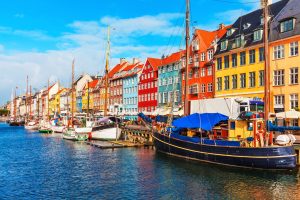 The position is in the NERDS group in the Computer Science Department. Both salary and working conditions are excellent. The group is a down-to-earth and fun place to be. Copenhagen is often named as the best city in the world to live in, and for good reasons. It’s world-renowned for food, beer, art, music, architecture, the Scandinavian “hygge”, and much more. In Denmark, parental leave is generous, and child-care is excellent and cheap.
The position is in the NERDS group in the Computer Science Department. Both salary and working conditions are excellent. The group is a down-to-earth and fun place to be. Copenhagen is often named as the best city in the world to live in, and for good reasons. It’s world-renowned for food, beer, art, music, architecture, the Scandinavian “hygge”, and much more. In Denmark, parental leave is generous, and child-care is excellent and cheap.
The position is a full-time position, funded for 24 months. See more details and apply in the official call. If you are interested feel free to reach out to Roberta Sinatra at rsin@itu.dk.

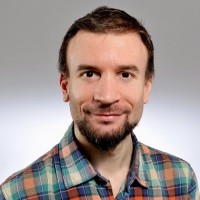
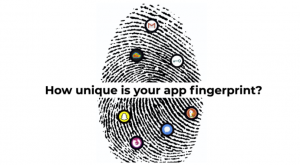
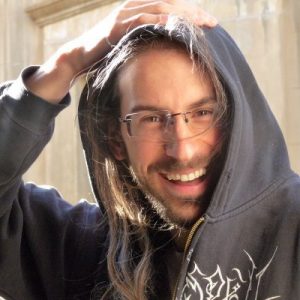 Luca joins us as Associate Professor, coming from industry. He conducts interdisciplinary research at the intersection of computational social science, digital health, network science, and urban informatics, using large-scale digital data to quantify people’s well-being and build systems that can improve it. Currently, he is focusing on Natural Language Processing to quantify social and psychological experiences from text.
Luca joins us as Associate Professor, coming from industry. He conducts interdisciplinary research at the intersection of computational social science, digital health, network science, and urban informatics, using large-scale digital data to quantify people’s well-being and build systems that can improve it. Currently, he is focusing on Natural Language Processing to quantify social and psychological experiences from text.
